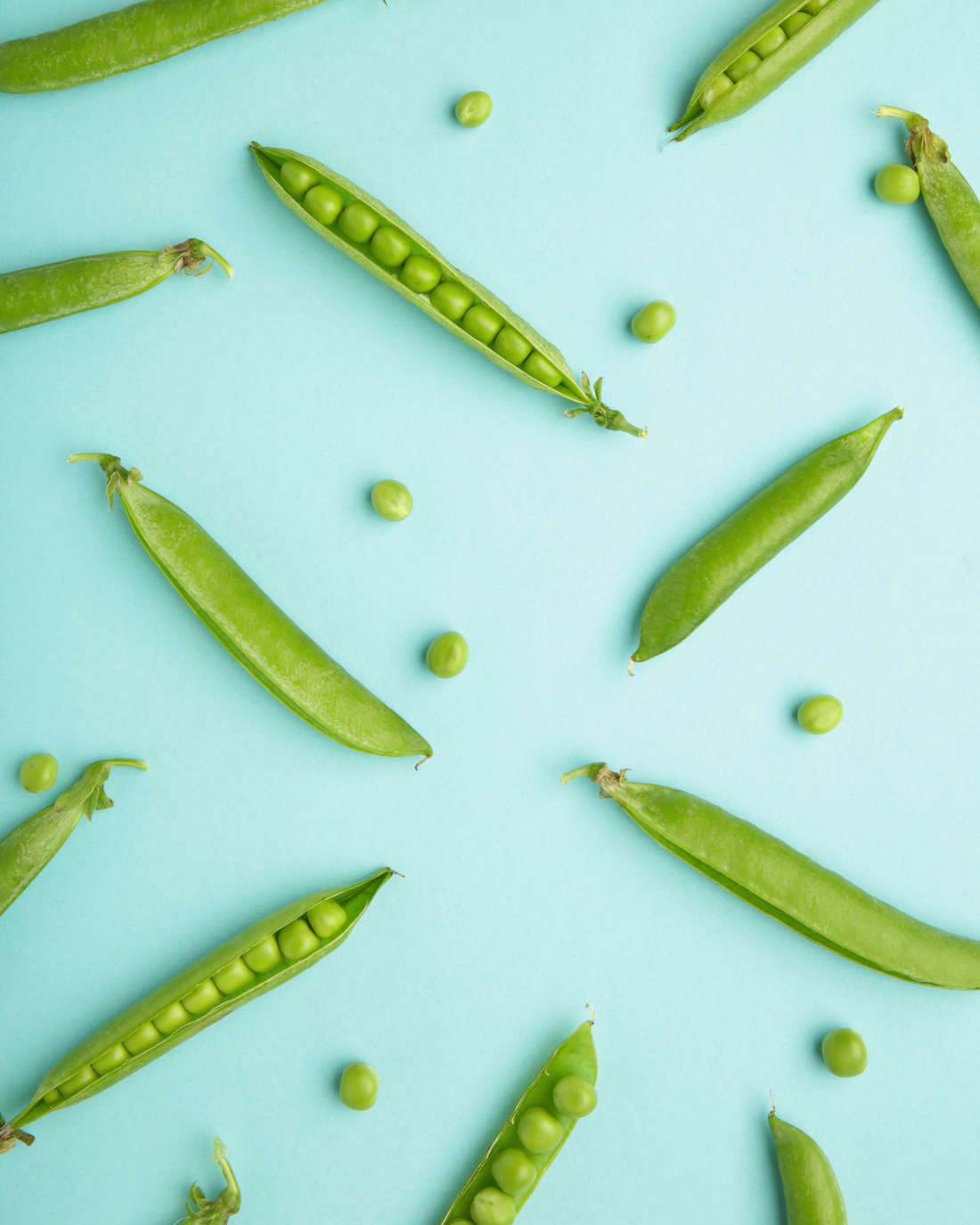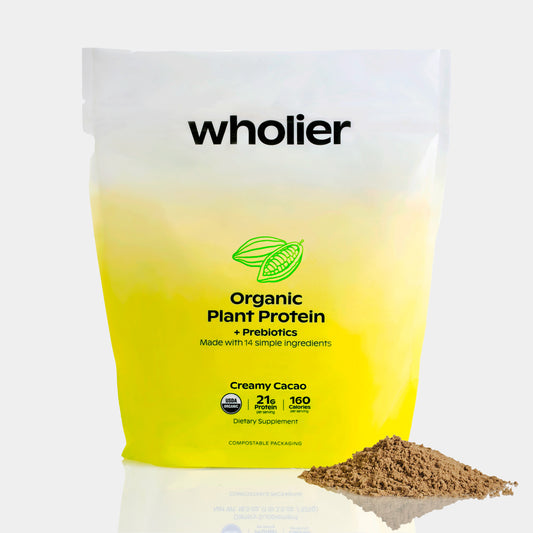
What Are Complete Proteins and Why Do They Matter?
Not all proteins are created equal – you need complete proteins to truly fuel your body and mind. Complete proteins are those that contain all nine essential amino acids, which are vital for the building and repairing of tissues in the body, as well as the production of enzymes, hormones, and other chemicals that our bodies need to function properly. Without enough complete proteins, our bodies may not be able to repair and rebuild damaged tissues, leading to a weaker immune system and exercise or sports-induced injuries.
What are the essential amino acids and why are they so important?
These are the nine amino acids that our bodies cannot produce on their own and must be obtained through diet. They include histidine, isoleucine, leucine, lysine, methionine, phenylalanine, threonine, tryptophan, and valine. In order for a protein to be deemed a “complete,” it should contain each of these amino acids in balanced proportions.
Amino acids play a crucial role in the building and repairing of tissues in the body. They are also involved in the production of enzymes, hormones, and other chemicals that our bodies need to function properly. They can also aid in weight management by helping to keep you feeling full for longer and potentially boosting your metabolism. For athletes and fitness enthusiasts, essential amino acids can also support muscle building and recovery – that’s why you often hear about complete proteins in sports nutrition.
When discussing EAAs (short form for essential amino acids), it’s also important to give an overview of BCAAs or Branched-chain amino acids. Three of the nine EAAs are considered BCAAs, including leucine, isoleucine, and valine. The “branched-chain” identifier refers to the unique chemical structure with a branch-like shape. There’s a lot of conversation about whether these BCAAs are in fact more important for muscle recovery than the other EAAs, which is why you’ll find a lot of sports nutrition supplements that offer these three amino acids in isolation. However, some studies suggest that the full spectrum of EAAs is necessary for effective muscle protein synthesis. Moral of the story here: if you’re going to supplement your aminos, look for an option with all nine of the essentials.
Amino acids play a crucial role in the building and repairing of tissues in the body. They are also involved in the production of enzymes, hormones, and other chemicals that our bodies need to function properly.
Which proteins have a complete amino acid profile?
All animal-based proteins are complete (meaning they contain all nine essential amino acids). While there are only a handful of plant-based sources that are considered complete. These include soy, quinoa, hemp, chia seeds and amaranth. That being said, aside from soy, the protein content in these options is relatively low in comparison to animal proteins.
That’s why food combining is key — it's easy to mix-and-match different plant-based proteins in a way that creates a complete protein. For example, nuts with whole grains have a complete amino acid profile. And the same goes with beans and seeds.
Vegan protein powders are a great way to supplement your daily protein intake, but it’s important to take the limitations of each plant protein into consideration. Soy is considered a complete protein and is widely available, however it has a bad reputation due to the farming practices used and the negative impacts of the estrogen-like compounds it contains (that’s a story for a different day). Pea protein is another one of the most widely available vegan protein sources, however it cannot be considered a true complete protein because it’s low in methionine. Rice protein is also very close to being a complete protein, but it’s a bit lacking in lysine. Together, these two proteins make a complete protein. If you’re trying to avoid soy-based protein powder, your best option is to look for a blend of plants rather than a singular source. This typically ensures a complete amino acid profile – and all the benefits that come with it.
If you’re trying to avoid soy-based protein powder, your best option is to look for a blend of plants rather than a singular source.
Striving to include complete proteins in your diet every day can help you feel your best. If you’re vegan or vegetarian, it’s very important to make sure you’re mixing and matching your foods to ensure you’re achieving balanced proportions of these essential amino acids in your diet every day. Generally speaking, the more complete proteins you consume, the better.






